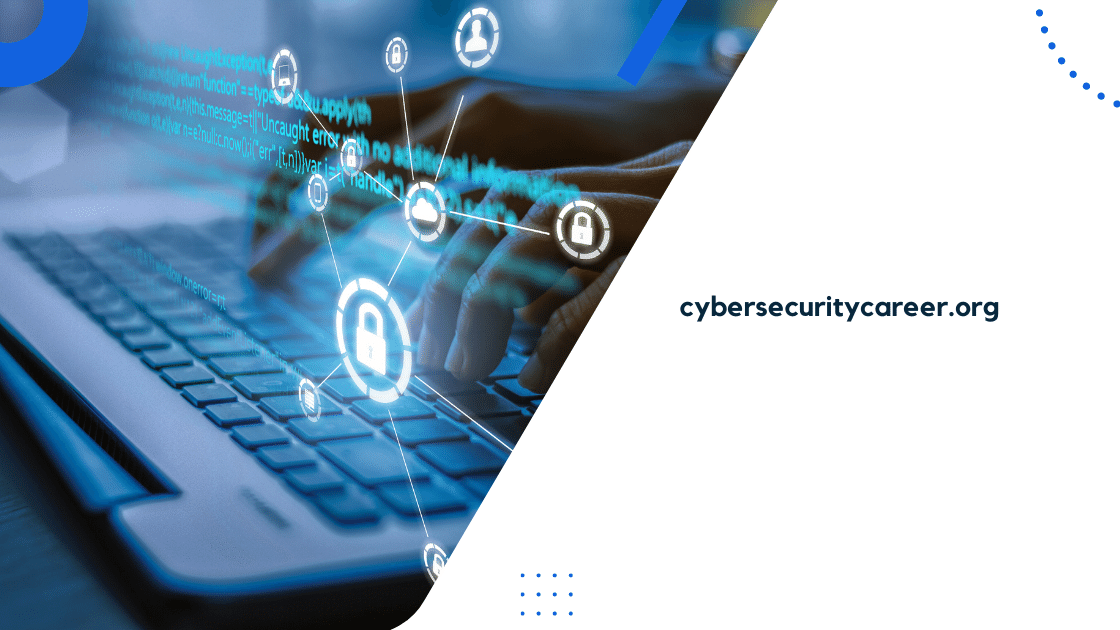Cyber Security UMD – The University of Maryland’s cybersecurity program is one of the best in the country. With experienced professionals on staff, UMD offers students a comprehensive program that covers everything from computer security to information assurance to penetration testing. UMD has also been proactive in terms of raising awareness about cyber threats and putting in place measures to prevent them. If you are interested in a career in cybersecurity, UMD is the school for you. Check out their website for more information or contact them directly to learn more about their program and how it can benefit you.
Cyber Attacks are on the Rise
Cyber attacks are on the rise and universities need to be prepared. According to a study by the Ponemon Institute, 74 percent of organizations that experienced a cyber attack in 2016 reported experiencing multiple incidents. The number of attacks is predicted to grow even more in 2017.
There are several reasons for this increase in cyber attacks. One reason is that hackers are becoming more sophisticated, and they know how to exploit vulnerabilities in websites and applications. Another reason is that cyber crime has become a lucrative business, with thieves stealing billions of dollars each year.
Fortunately, there are steps that universities can take to protect themselves from cyberattacks. They should have an effective cybersecurity policy, practice good software security hygiene, and maintain up-to-date antivirus and firewall software. Universities also need to have trained staff who can respond quickly to an attack and help restore operations.
What UMD is Doing to Protect Its Students?
The University of Maryland has implemented a cyber security program to protect its students and employees. The program includes the installation of software that monitors activity on the university’s networks, the creation of a crisis response plan, and the training of staff members on how to identify and prevent cyber attacks. The university also works with outside organizations to improve its cyber security posture.
UMD has invested in technology that helps it monitor activity on its networks. This technology includes sensors that monitor network activity and sensors that detect unauthorized access to systems. UMD also uses firewall software to protect its computers from unauthorized access. The university has created a crisis response plan in case of an attack. This plan includes the identification of victims, the gathering of information about the attack, and the determination of how best to respond. UMD also trains staff members on how to identify and prevent cyber attacks.
How Much Does UMD Spend on Cyber Security?
UMD’s cyber security program is one of the most comprehensive in the nation. The university spends over $2 million annually on its cyber security initiatives, which includes a variety of necessary measures to protect its network and data.
Some of the main areas that UMD focuses on include:
- Securing wired and wireless networks
- Updating software and operating systems
- Installing encryption and firewalls
- Training employees on best practices for online safety
How can I Protect Myself From Cyber Attacks?
There are a few things you can do to protect yourself from cyber attacks.
- Keep up-to-date on the latest cyber security threats. Stay informed about new techniques and methods hackers use to breach your systems.
- Use strong passwords and keep them confidential. Make sure your passwords are unique, complex, and not easily guessed by others. Change your passwords regularly and never use the same password at more than one site.
- Install software that monitors your computer for suspicious activity and warns you if anything appears out of the ordinary. Spyware and malware can be downloaded without your knowledge or consent, so be watchful for signs that something is amiss on your computer.
- Use a firewall to protect your computer against malicious online activity. A firewall blocks unauthorized access to your computer by blocking incoming connections from the internet and other networks. Keep in mind that a firewall can slow down your computer, so make sure it’s installed correctly and used appropriately.
- Securely store important personal information such as credit card numbers, social security numbers, and login credentials offline or in protective measures like password managers or two-factor authentication apps.
Conclusion
UMD cyber security program offers students a variety of courses that can help them protect themselves online. Additionally, the university provides resources such as a computer theft prevention policy and software to help students stay safe online. UMD cyber security programs are designed to provide students with the skills they need to keep their personal information private and secure and prevent identity theft in the modern world.









Leave a Reply